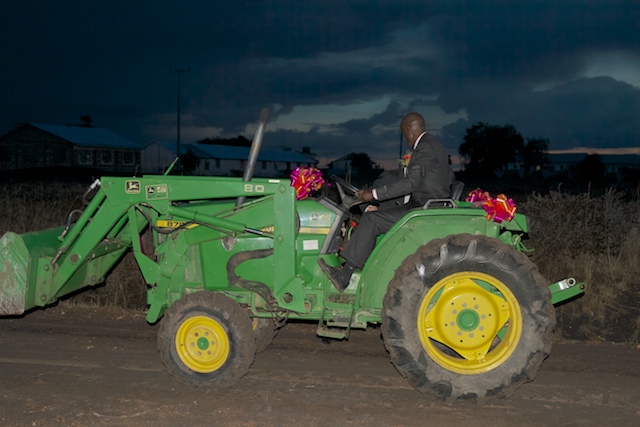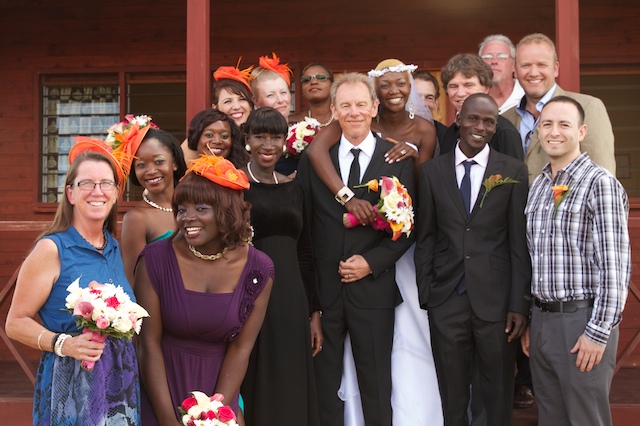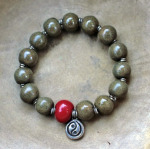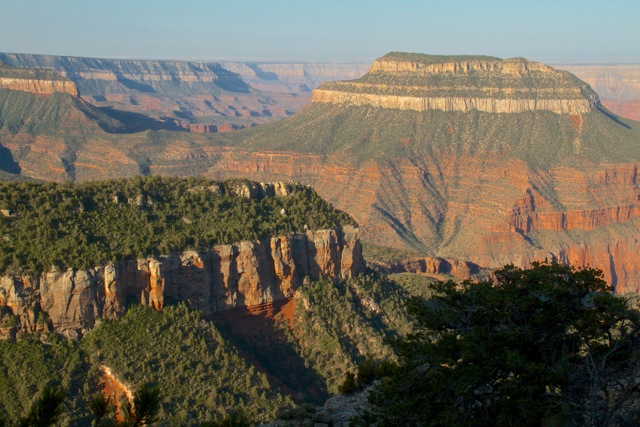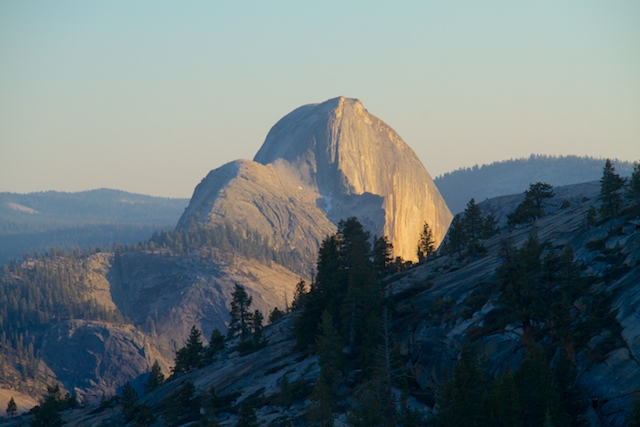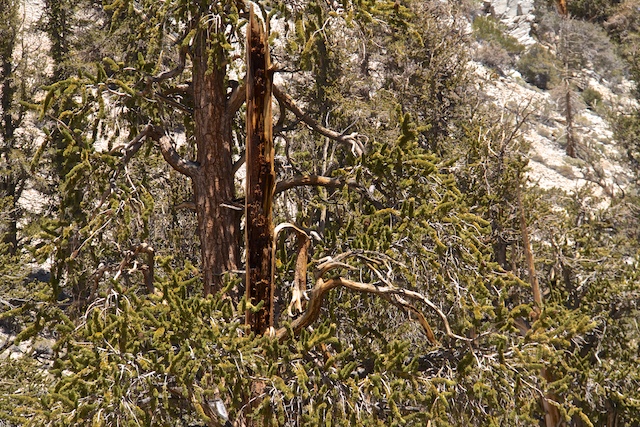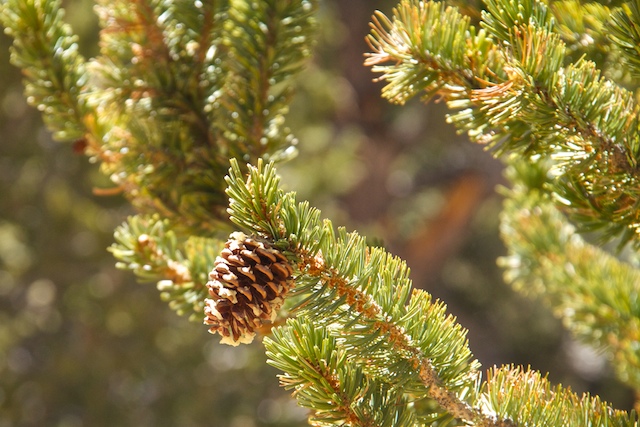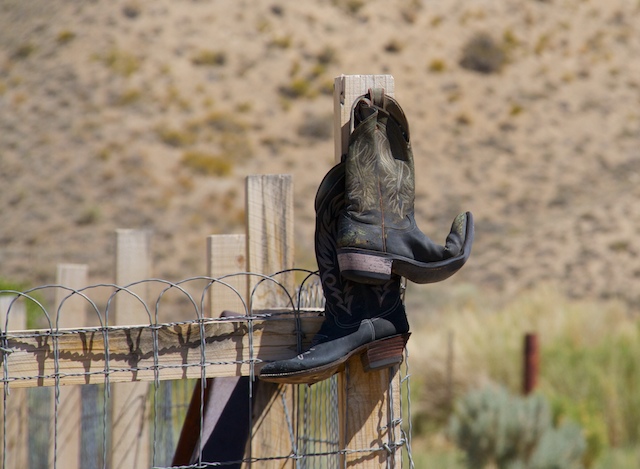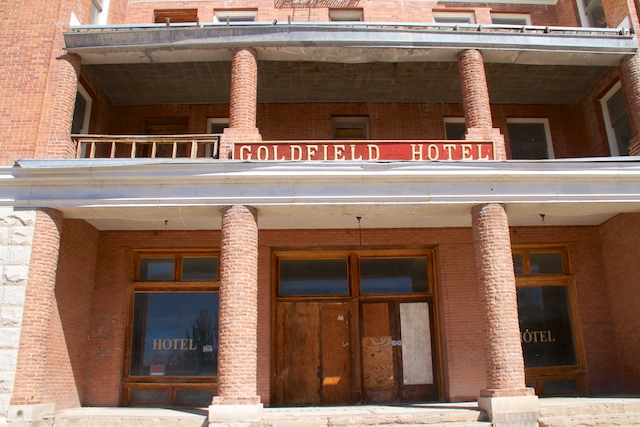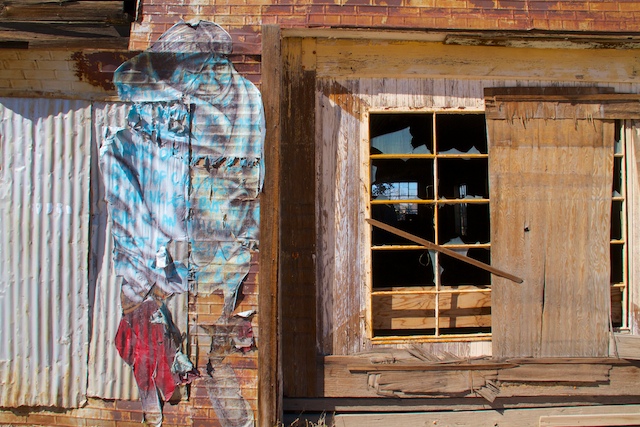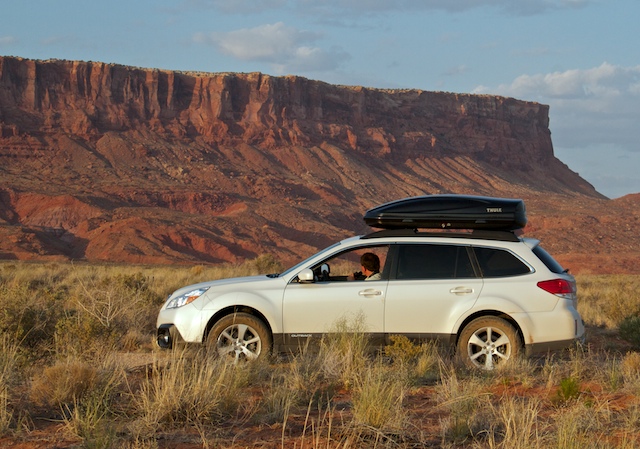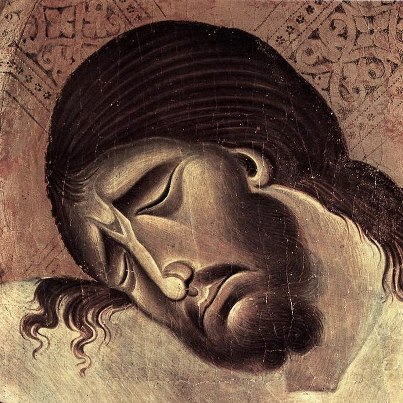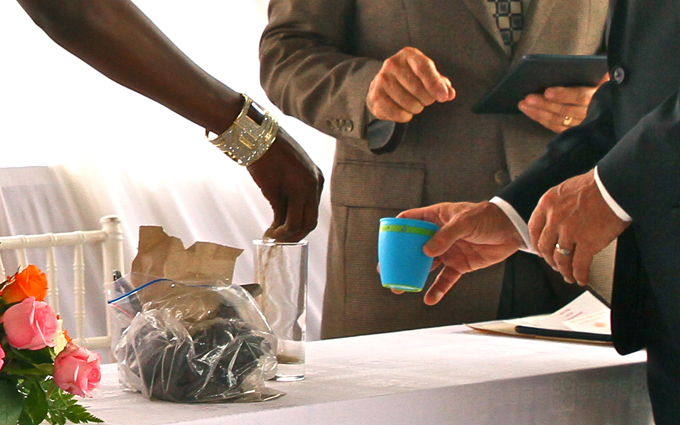
Earth from three lands mixed—Zambia, Lukenya, California.
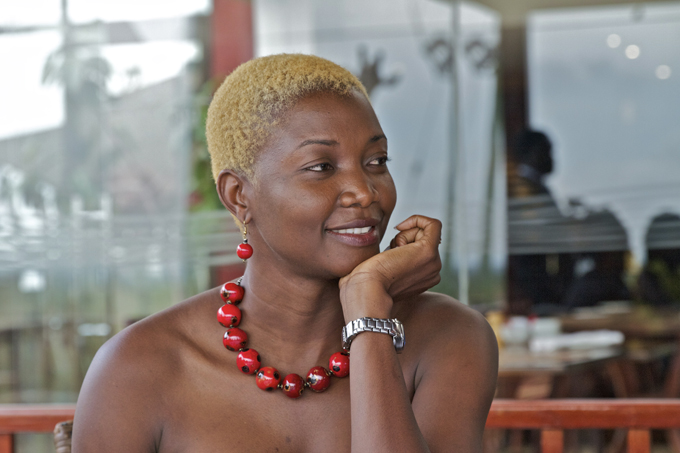
We were meeting Ronah Mussenge, David’s bride-to-be, for the first time.
And that first time was on their wedding-day.
And not only that, but the wedding was going to be at the Red Rhino Orphanage Project in Lukenya, where we hadn't been for four years.
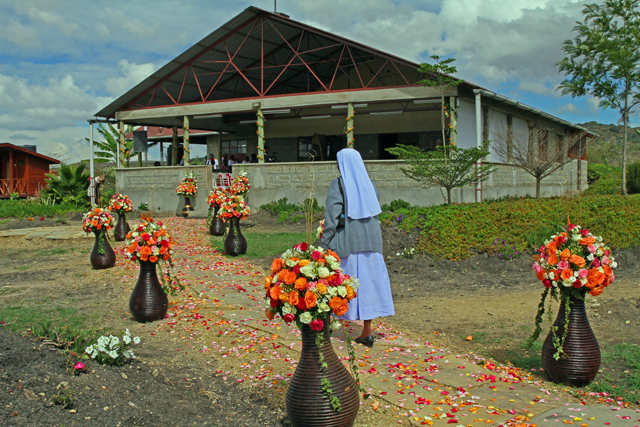
So we experienced all three—meeting Ronah, being at the wedding, and seeing these children in their home at Red Rhino—all in one day.
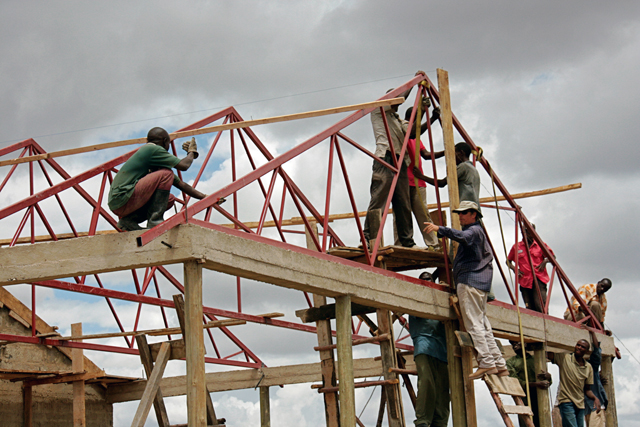
When we had been at Red Rhino four years ago, the steel trusses for what would be the kitchen and dining hall were going up.
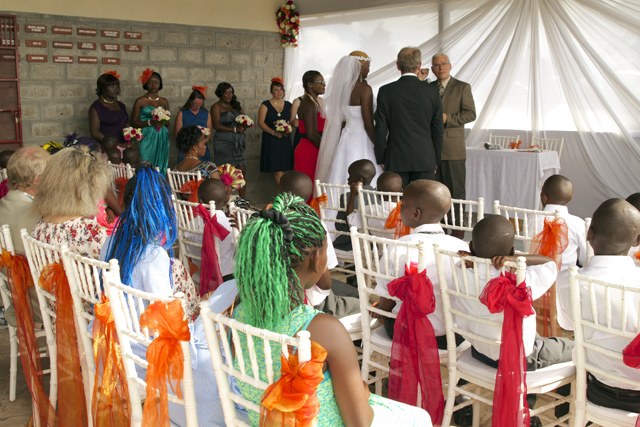
And now, four years later, the building was hosting the wedding of the orphanage’s director and the children’s Auntie Ronah.
The children were going to dance Ronah up to the altar.
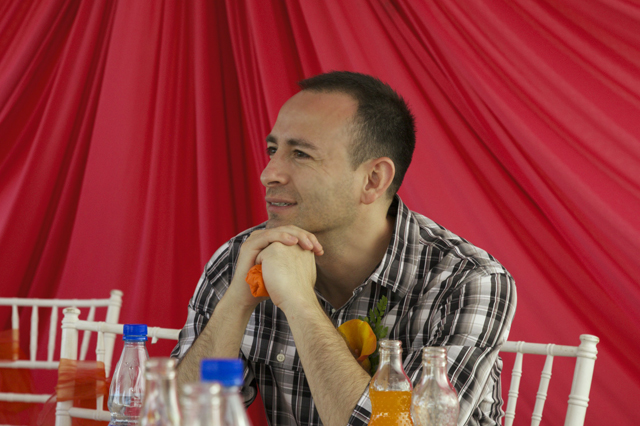
“We’re going to lose it then,” I told Monte who’s made three earlier trips to work as a volunteer at Red Rhino.
“I thought you were exaggerating,” Monte told me later.
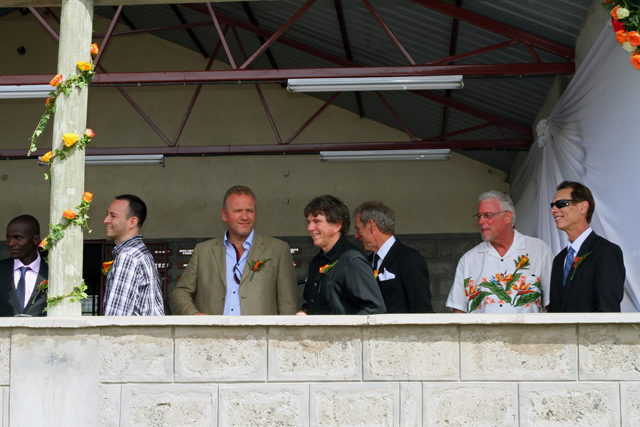
“But, yeah, I lost it then myself.”
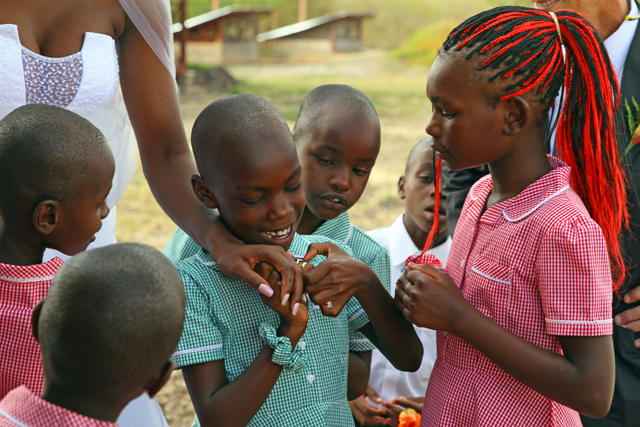
Afterwards, as the girls—Prudence, Faith, Rachel, Frida, Peace, Mercy, and Mrs. O’Bama (because her name is Michelle)—flocked around their good friend, Ronah told them that there was one small diamond on her engagement ring for each of the children at Red Rhino.
And so the girls counted the stones meticulously. There are twenty-two children at Red Rhino.
“But there are twenty-three stones,” the girls said.
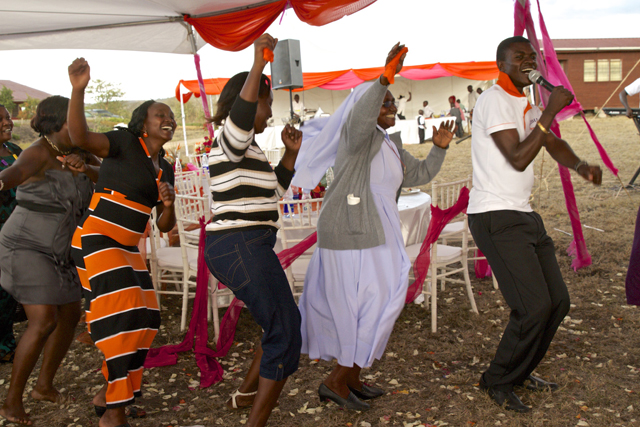
“One of the stones is for your aunties,” Ronah told them.
The children’s aunties are the women who look after them.
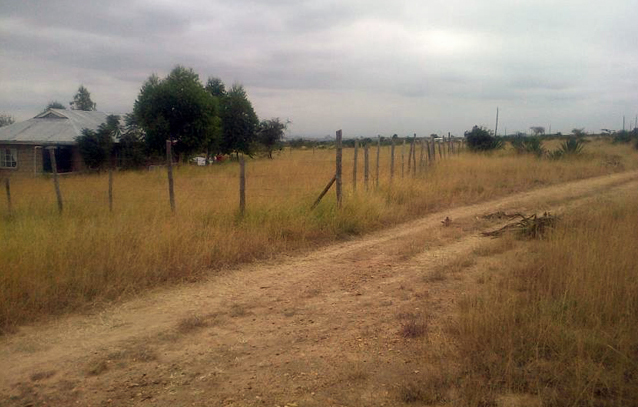
On the day of the wedding, when we had turned off the paved Mombasa road onto the murram Daystar road to the orphanage, the conversation in the landcruiser went mostly silent.
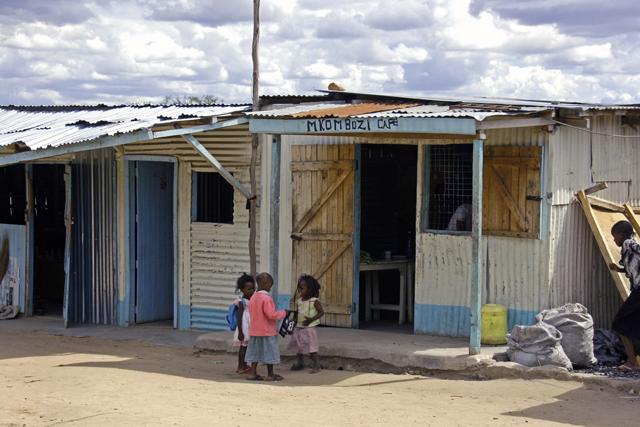
So many memories rose as we traveled along this road again.
For one thing, each of us has had important experiences with giraffes here.
Once, for instance, as we were returning late from Nairobi, we spied these stately, shadowed presences moving quietly through the night.
"Can we stop and get out?" I begged.
"Sure," said Dave, "why not?"
And so soon—the engine off now—we found ourselves wandering as if in a dream among these graceful night-shadows.
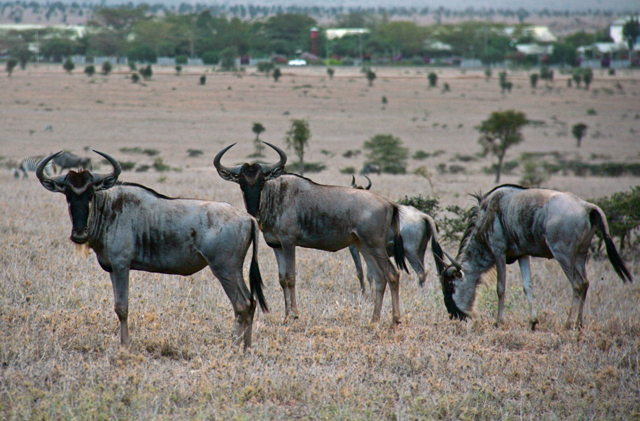
There were no giraffes in sight along the road on this wedding day, but there were elands, and as almost always, wildebeests and zebra and Thompson’s gazelles.
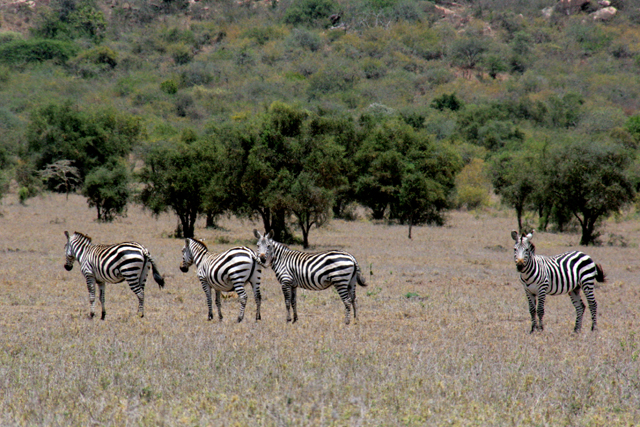
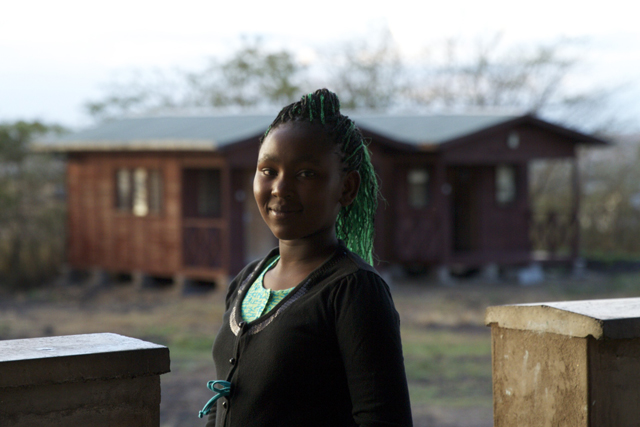
We’d seen photographs of the orphanage completed and the kids at home. But we hadn't been there in person yet.
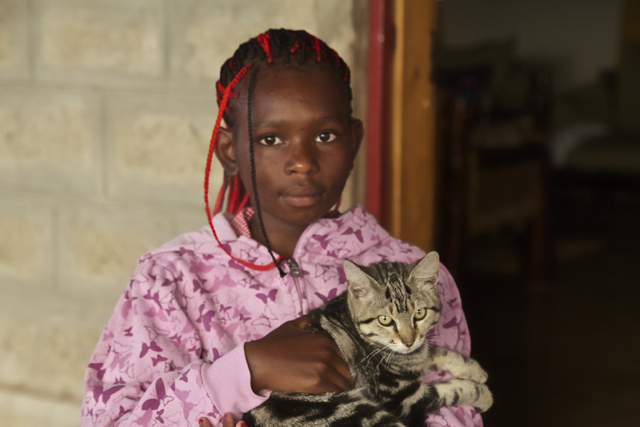
What strikes you—whether it’s your first time or you remember the land as nearly barren and barely delved—is simple.
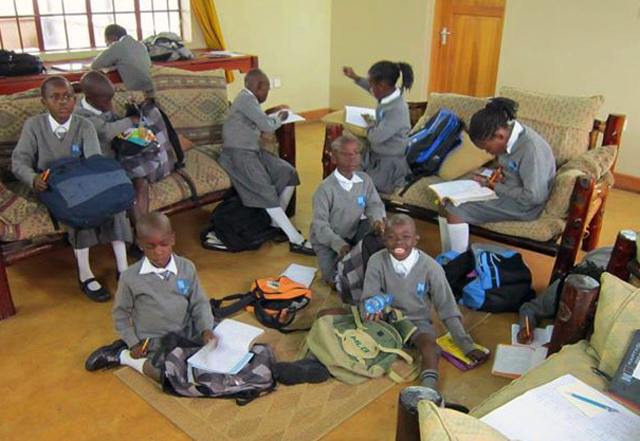
Home. Unsentimentalized. No need for cute.
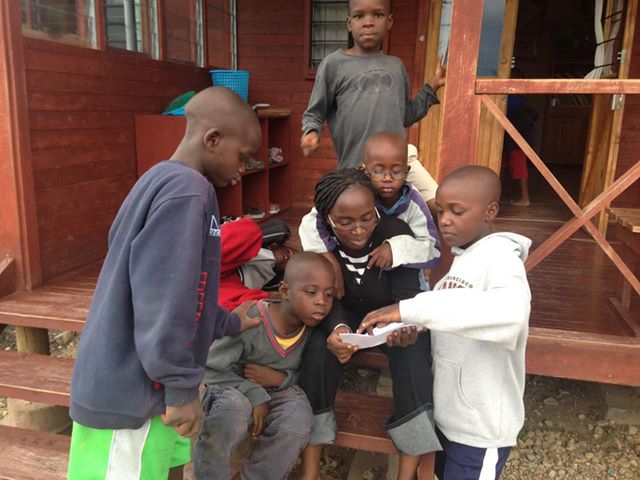
What, if we’re lucky, each of us has found once, only to lose again. It seems that most of us can’t simply inherit home. We have to create it, too.
And yet at the same time, how many places, so deeply lived in, welcome us back home as well?
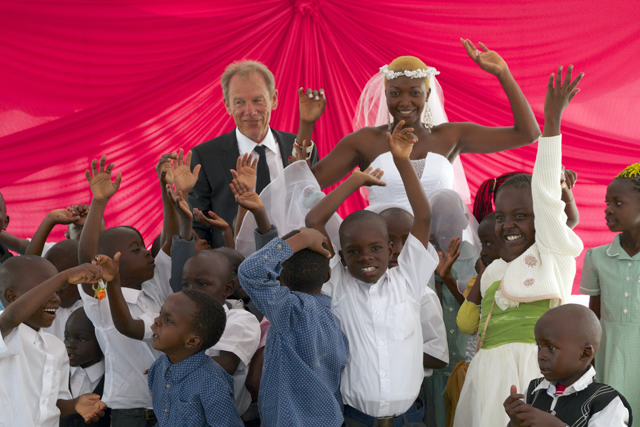
The kids have as much of a stake in this marriage as anyone. Maybe more.
They already call David “daddi” and Ronah “auntie.”
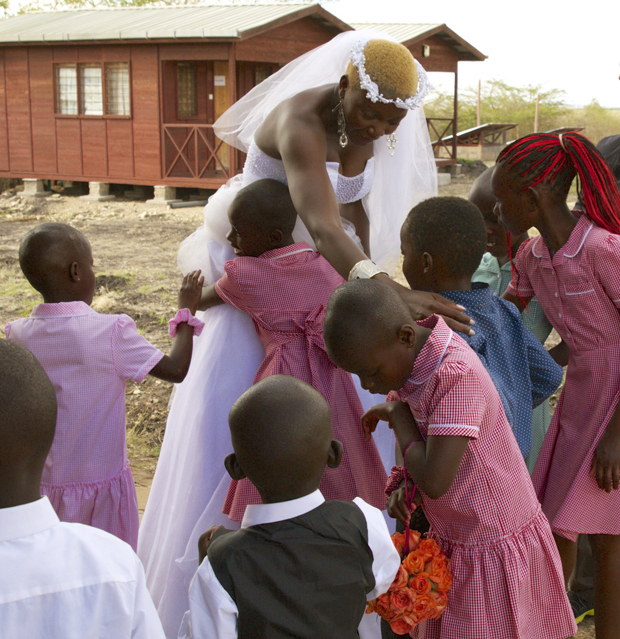
So on the day of the wedding, the discussion among the children became rabbinical.
“If you’re marrying daddi,” they report to Ronah, “then you must be mami now.”
“Do you want me to be your stepmother?” Ronah asks.
“No, not stepmother,” they answer.
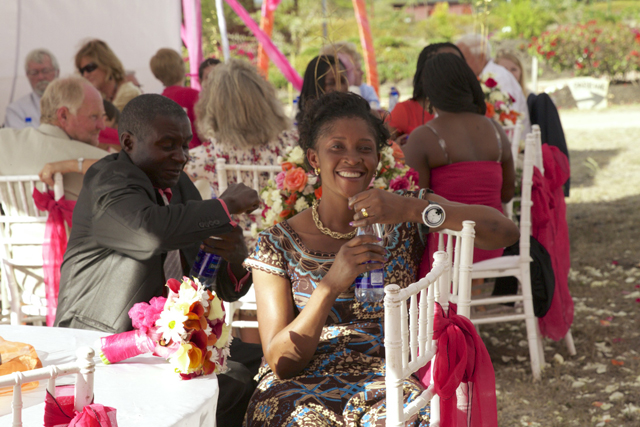
We haven’t introduced the guests. We’ll do that next time.
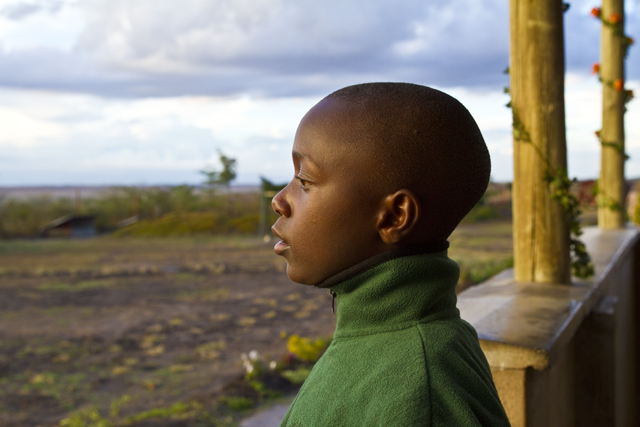
But in the meantime, suffice it to say, this wasn’t a “destination” wedding unless the destination—no matter how complex—is home.
 Wednesday, November 27, 2013 at 9:13PM
Wednesday, November 27, 2013 at 9:13PM 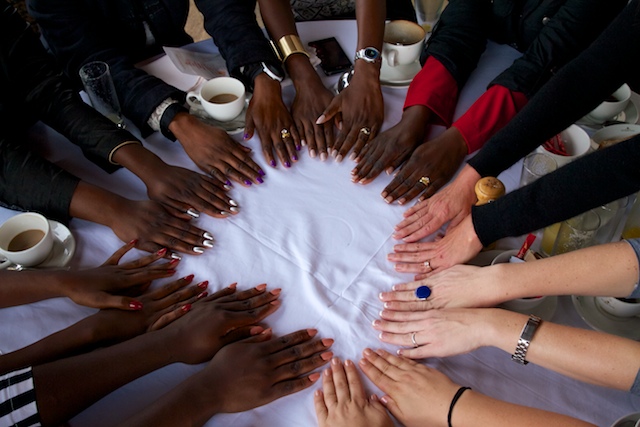
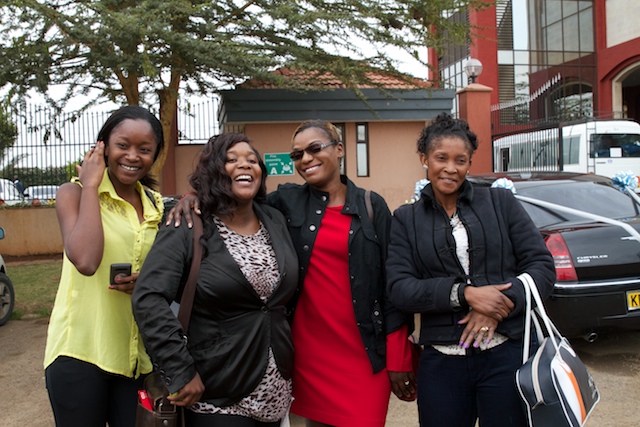 Yolanta, Tutu, Katulica, Edith.
Yolanta, Tutu, Katulica, Edith.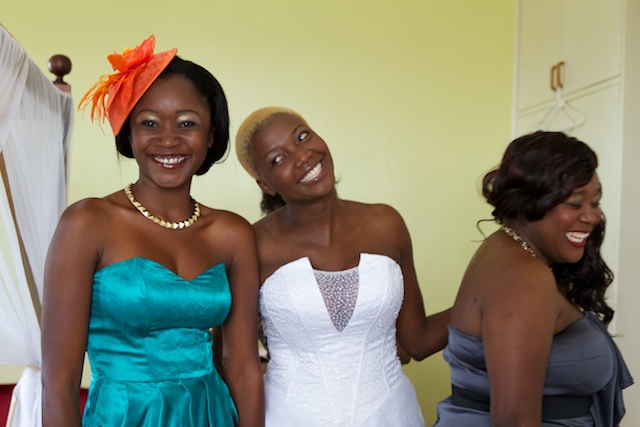 Yolanta, Ronah, Tutu.
Yolanta, Ronah, Tutu.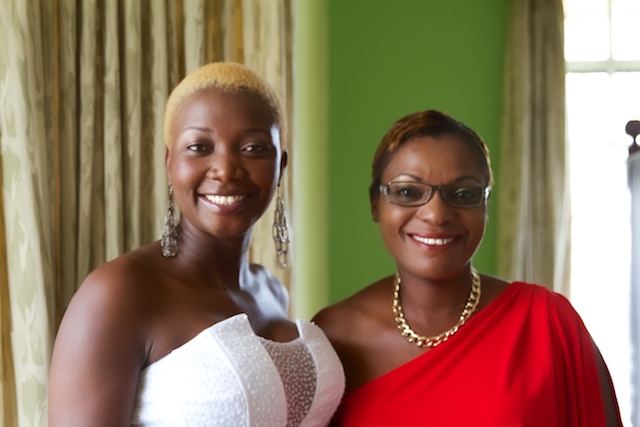 Ronah and Katulica
Ronah and Katulica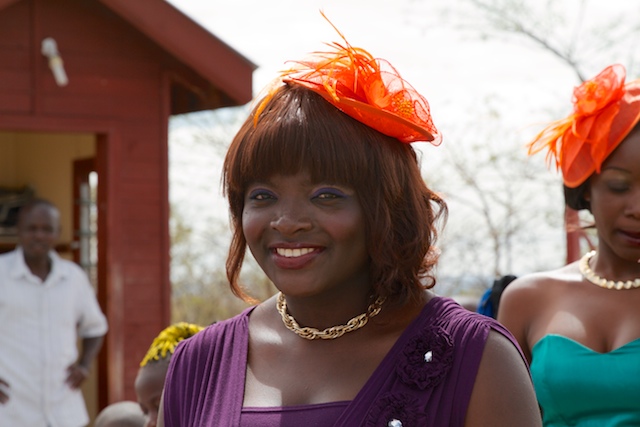 Miss K.
Miss K.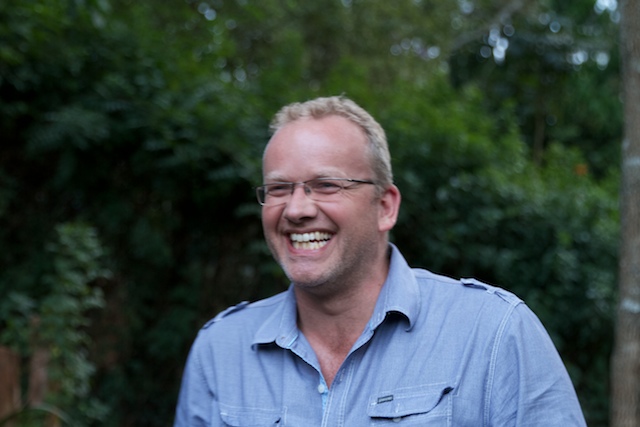

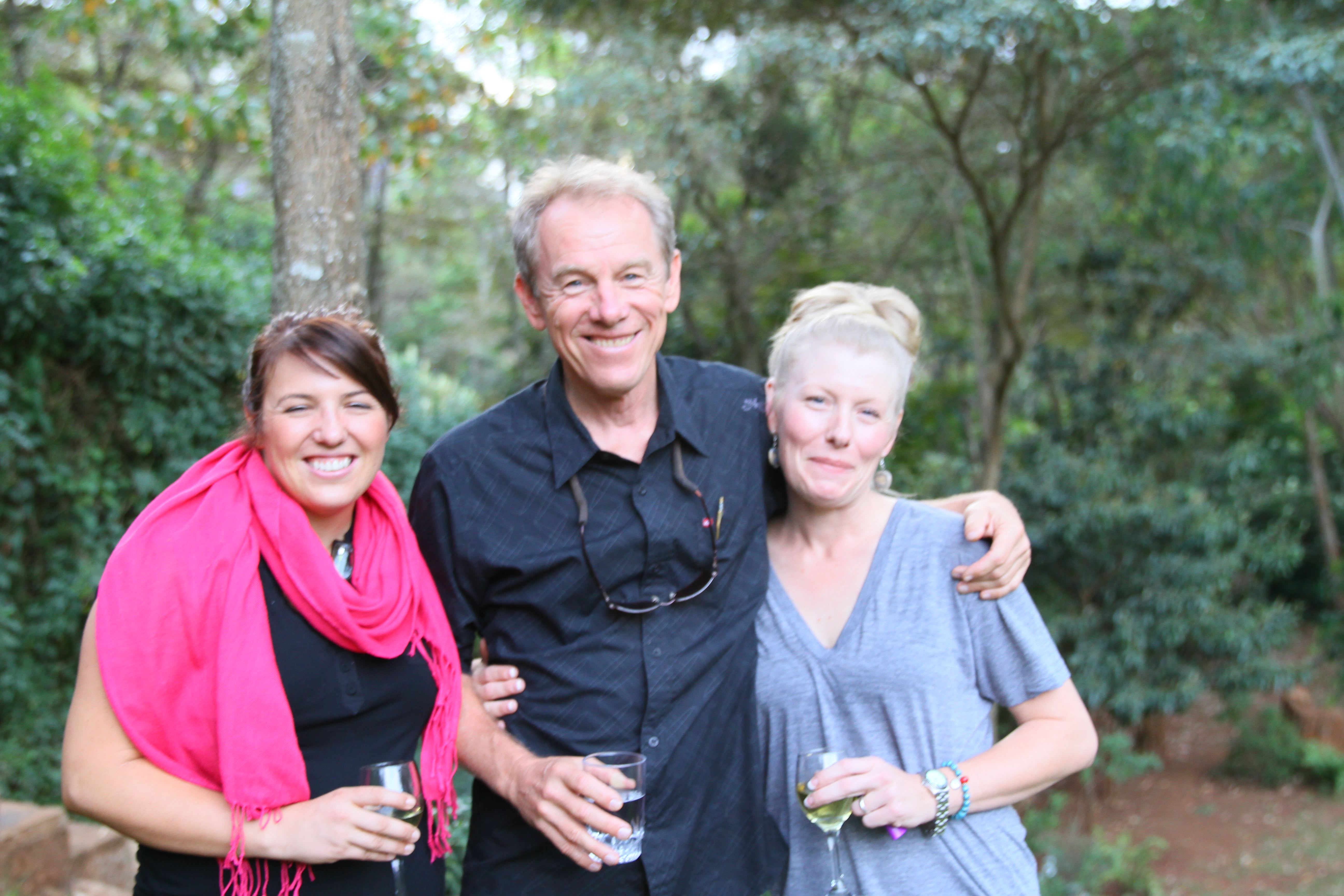 Allison, Dave, Amy.
Allison, Dave, Amy.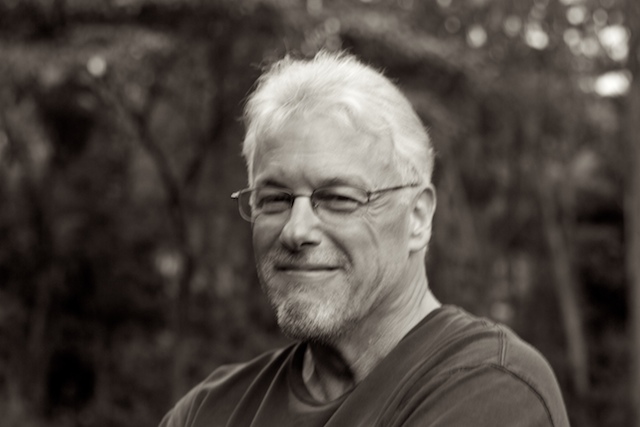 Rod.
Rod.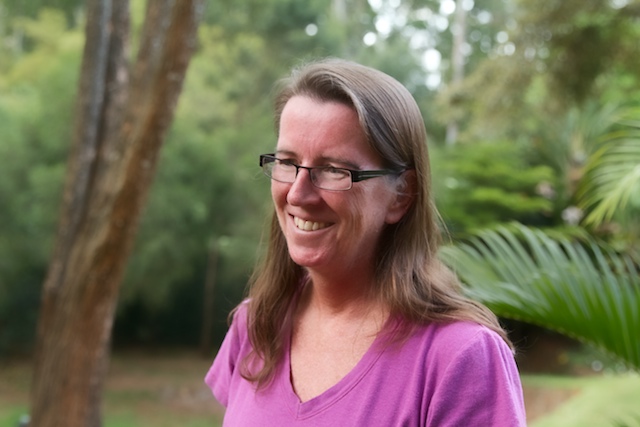 Karen.
Karen.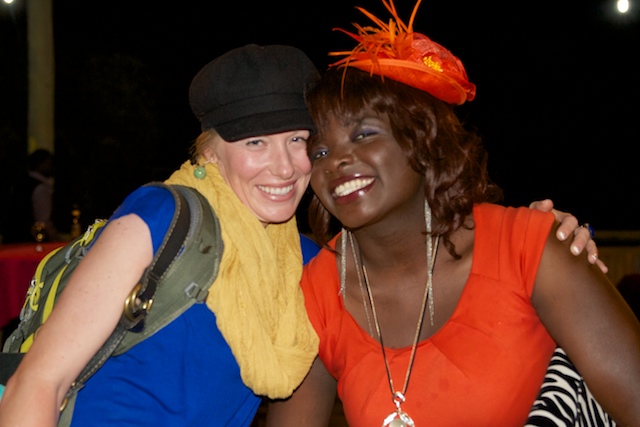 Amy and Miss K.Of course, it's not like the two groups of travelers stayed apart for very long.
Amy and Miss K.Of course, it's not like the two groups of travelers stayed apart for very long.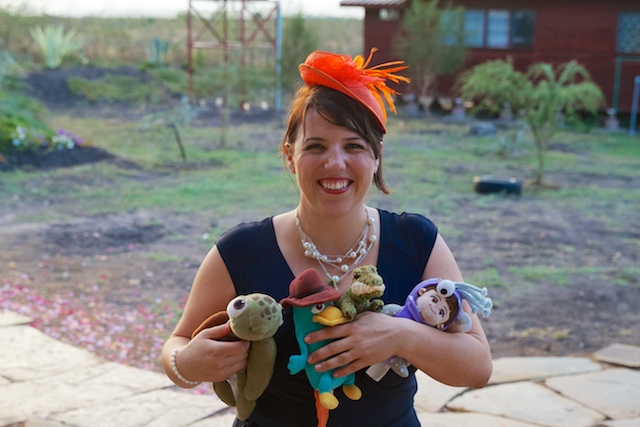
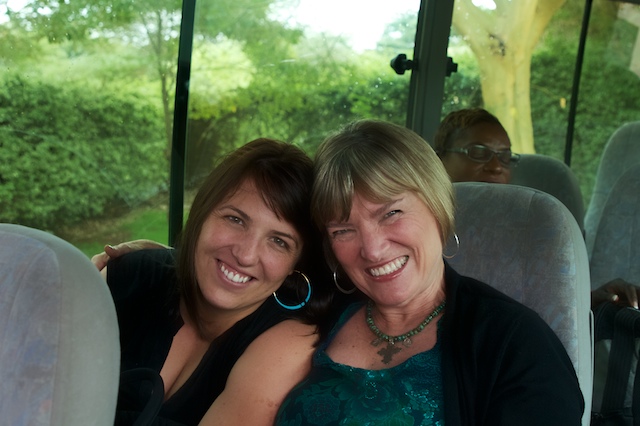
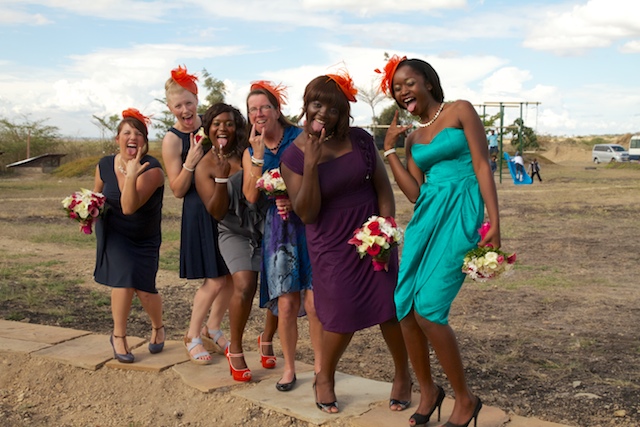
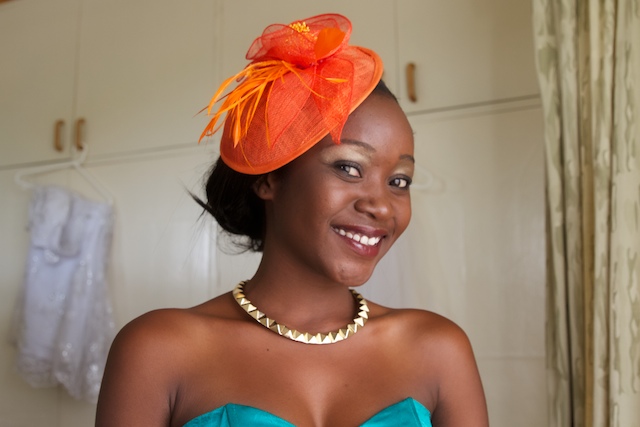 Yolanta.
Yolanta.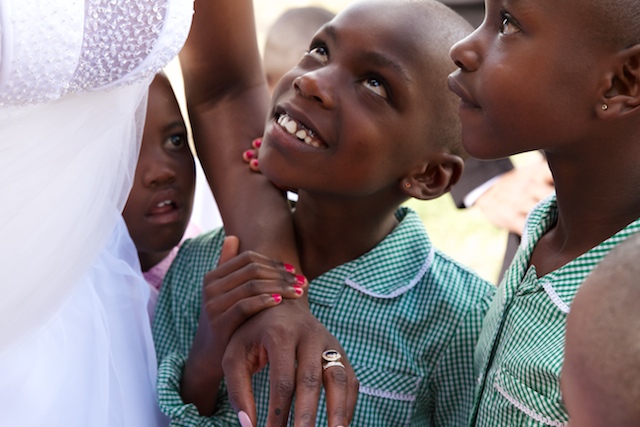
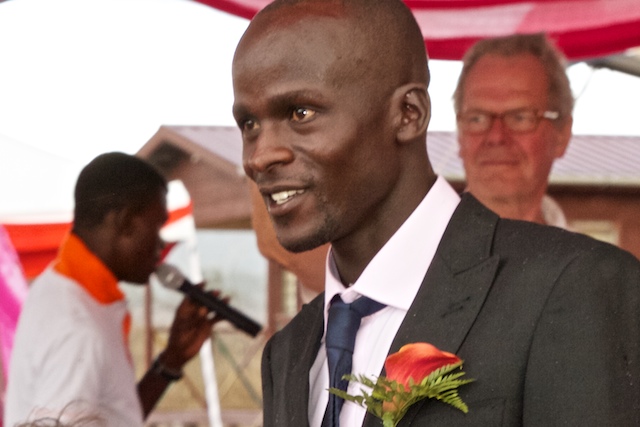 Gilbert
Gilbert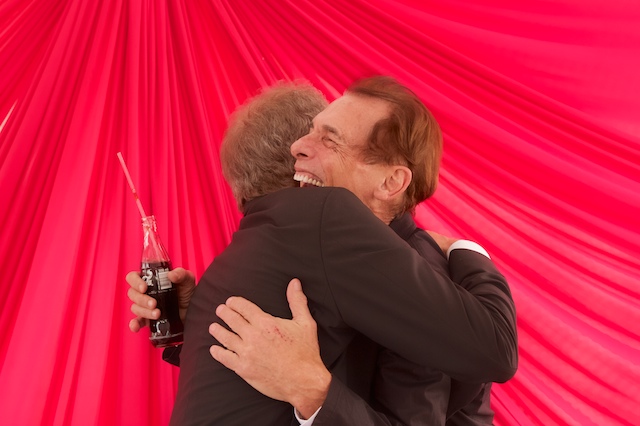 Dave and Tom.
Dave and Tom.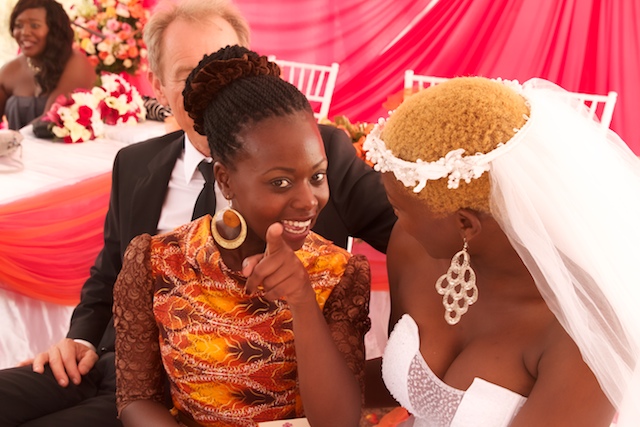 Esther.
Esther.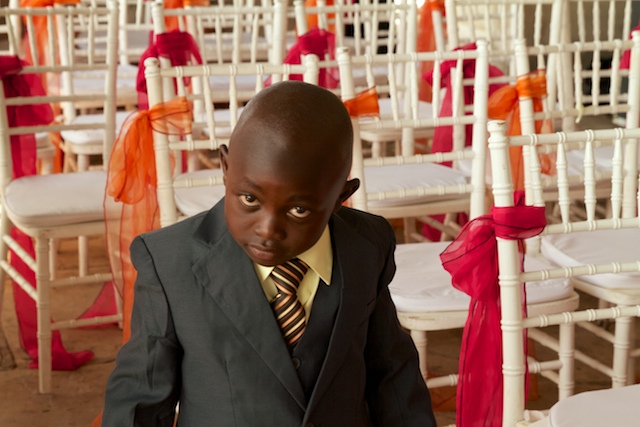
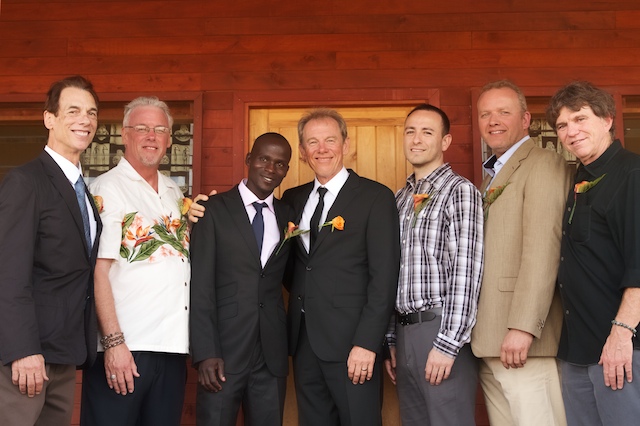 Tom, Rod, Gilbert, Dave, Monte, Christian, Chris.
Tom, Rod, Gilbert, Dave, Monte, Christian, Chris.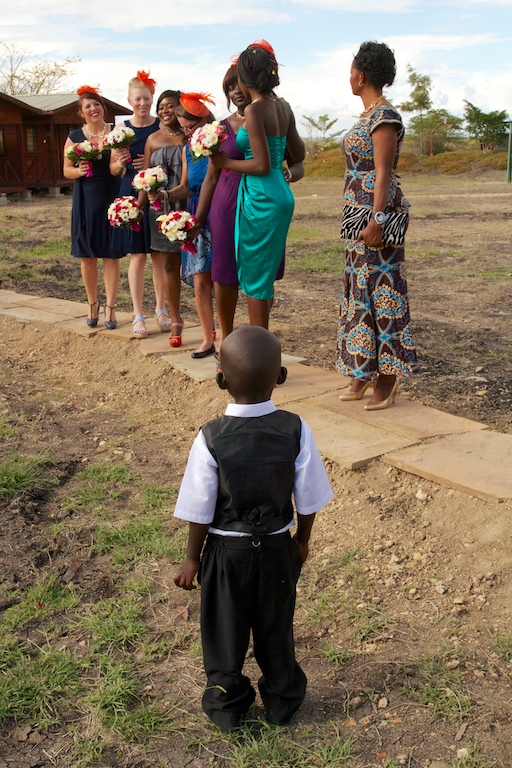
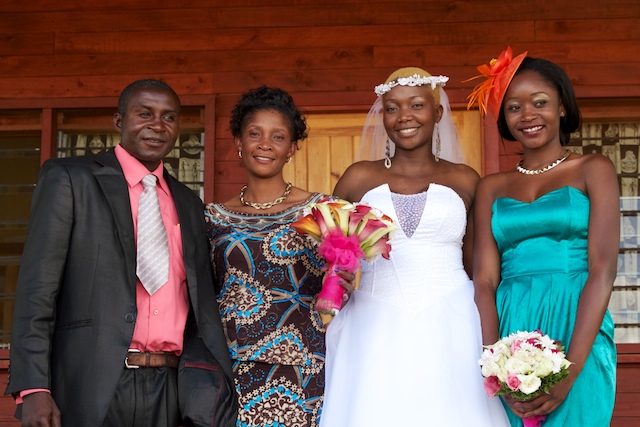 Zachs, Edith, Ronah, Yolanta.
Zachs, Edith, Ronah, Yolanta.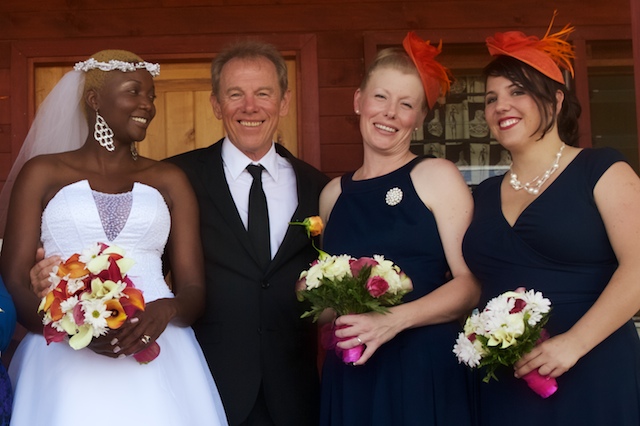 Ronah, Dave, Amy, Allison.
Ronah, Dave, Amy, Allison.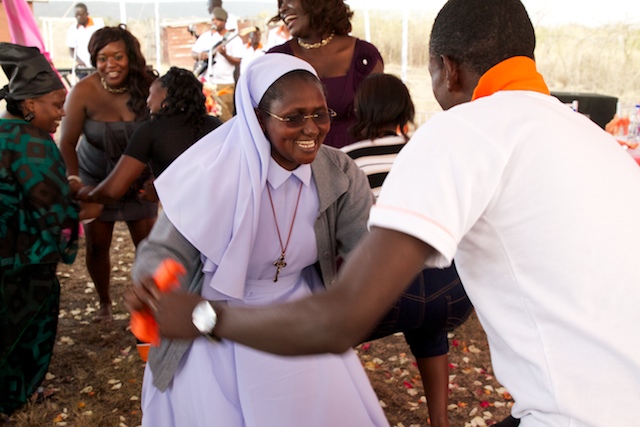 Sister Agnes.The bravest thing I've ever done in my life was to get on the dancefloor later that night with these Kenyan and Zambian dancers.
Sister Agnes.The bravest thing I've ever done in my life was to get on the dancefloor later that night with these Kenyan and Zambian dancers.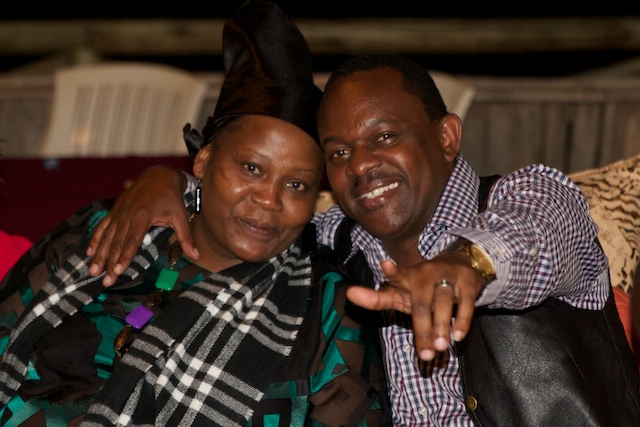 Faith and Masaa.
Faith and Masaa.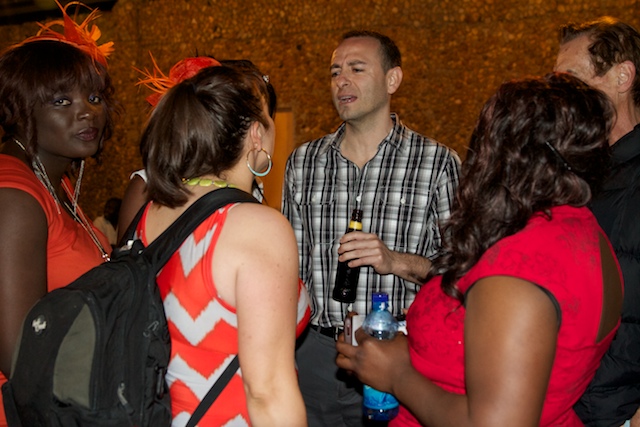 Miss K, Allison, Monte, Tutu.That's a Tusker in Monte's hand.
Miss K, Allison, Monte, Tutu.That's a Tusker in Monte's hand.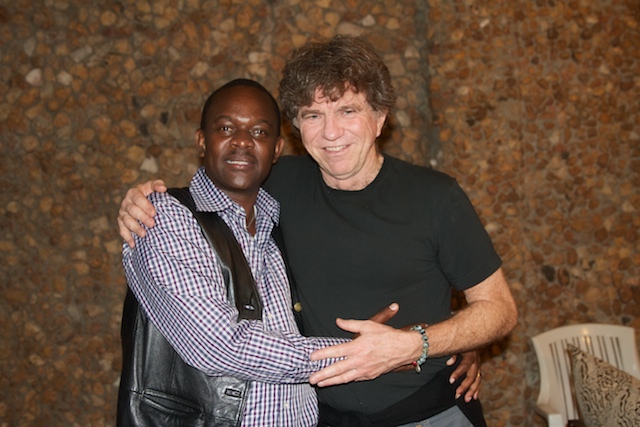
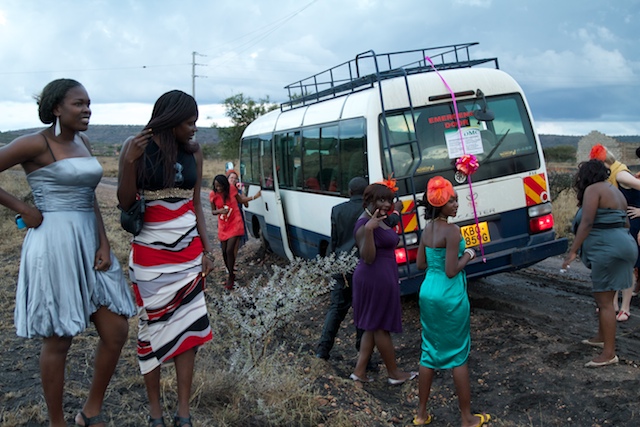
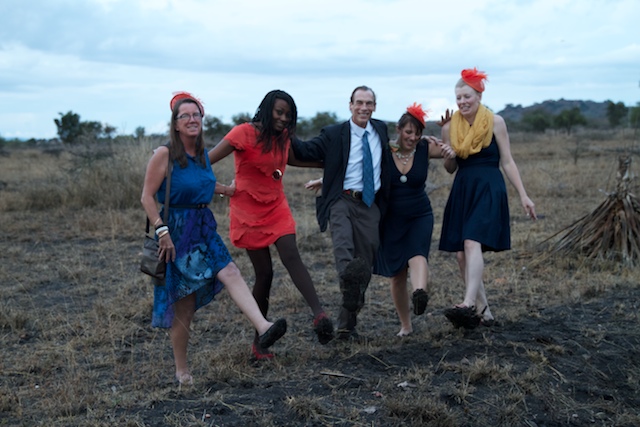 Karen, Yolanta, Tom, Allison, Amy.For some that just meant that the dancing began a little earlier.
Karen, Yolanta, Tom, Allison, Amy.For some that just meant that the dancing began a little earlier.